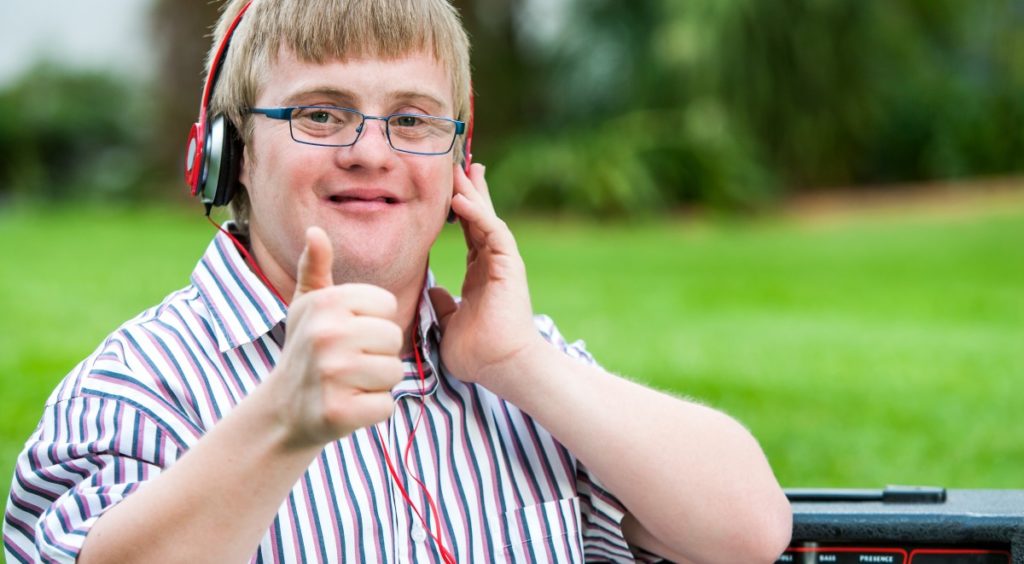The challenges Special Needs and Disability Communities face are at a record high in regard to opioids. This is a crisis mode due to the fact this community is 15...
The challenges Special Needs and Disability Communities face are at a record high in regard to opioids. This is a crisis mode due to the fact this community is 15 times more likely for a person with special needs to become addicted.
At a recent forum discussion on opioids, its effects and challenges are severe for these two communities. Healthcare professionals and patients and their families were involved in the discussion. The goal was to gain a better perspective on the local problem and how to put alternatives in place.
It was also discussed how opioids affects all age groups from infants to a senior in their 90’s. Anyone can struggle with different types of pain which increases the desire to get “out of pain” or mask it. Some family members with brain injuries were present and they stated that years later their problems became much worse in regards to opioids given at a young age.
They all stated this is a huge problem. The discussion began with young man who told his story. He was injured in a car accident, and 10 days later woke up in the hospital already addicted. He did not, at the time have a choice, because no one explained to him or his family the effects opioids would have. Now, ten years later he found help and is off drugs, he encouraged the audience not to settle for opioids as the only choice. Those with chronic pain such as spine injury from a car accident or a brain injury need to know they do have choices. But we need to become educated about options and seek help and support. Your care and treatment is your choice.
Here are a some ideas for alternatives:
Chiropractic treatments to relieve or reduce pain
Acupuncture an alternative for pain
Physical and/or Massage Therapy
CBD oils, creams
Yoga and Music Therapy
Know what questions to ask
If I start this opioid, can I stop?
What other options to this drug are available?
Upon injury or discharge from the hospital — what are the side effects and the percentage that I could become addicted?
What if I become addicted, what help is available?
What local support groups are available for me or my family?
The Good News
Governor Doug Ducey has put many resources in place (taking action on Arizona’s Opioid Crisis —Epidemic Act Senate Bill) to help medical professionals, as well as families become more educated and have choices and resources available to them.
The following numbers are from a 2018 poll from the Governors office. The highest and most alarming numbers in more than a decade:
455 – Arizona babies were born addicted to opioids
812– Arizonans died of suspected opioid overdose
5,202 Arizonans suffered a suspected overdose on opioids
We are on a mission to reduce these numbers and help more people according to the Governors office.
Local Resources
- Arizona Spinal Cord Injury Association 602-507-4209
- Arizona Angel Initiative 602-316-8501
- Arizona Brain Injury Alliance 602-508-8024
- Abilities 360 – 602-296-0536
- OAR- Opioid Assistance Referral 1-888-688-4222
- Suicide Crisis – Maricopa County 1-800-631-1314 or 602-222-9444
- Suicide Crisis – Pima County 1-800-796-6762 / 520-622-6000
- Agency on Aging 602-264-4357
- Arizona Caregiver Coalition 888 -737-7494
- Christopher Reeves Foundation 973-467-8270
- Keogh Health Connections 602-266-0397
- National Alliance on Mental Illness – 480-994-4407
- Substance Abuse/ Treatment locator 800-662-4357
Mark Redmond is a Healthcare Consultant and works with Senior Resources of AZ. He is a Patient Advocate and a great resource to help with the challenges that Seniors and the Special Needs families face. Mark can be reached at [email protected] or 480-399-4609




























